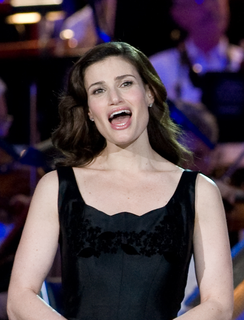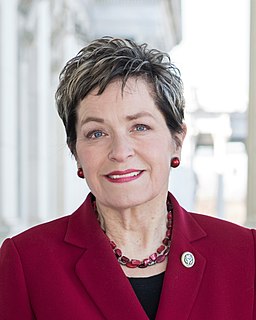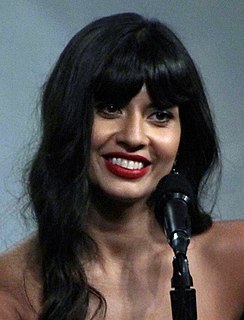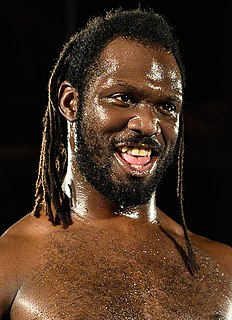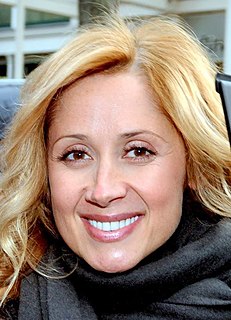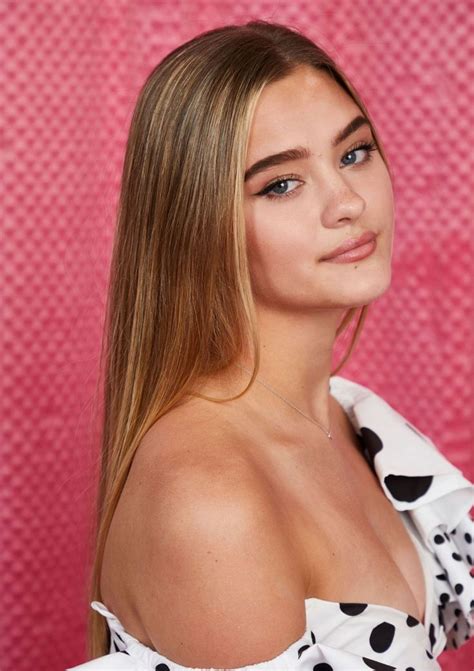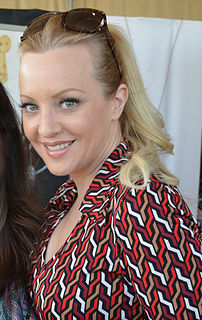A Quote by Carlene Carter
I learned how to sing in front of a lot of people and to hone my skills alongside some of the greatest performers of all time.
Related Quotes
Along the way, I learned a lot about being told I didn't have the right skills for the jobs I wanted and how to overcome the setbacks and keep pushing forward. This is why I've become an Ambassador for LifeSkills, a programme created by Barclays to help one million young people get the skills they need for work.
I learned how to let other performers have their moment. A lot of people can't do that. They just chew the scenery and steamroll over their scene partners. It doesn't make you look better in the long run to do that. You have to have balance in your scene. If it's somebody else's moment, let them have it. Learn how to be generous. Plus, it makes the audience hate you.

